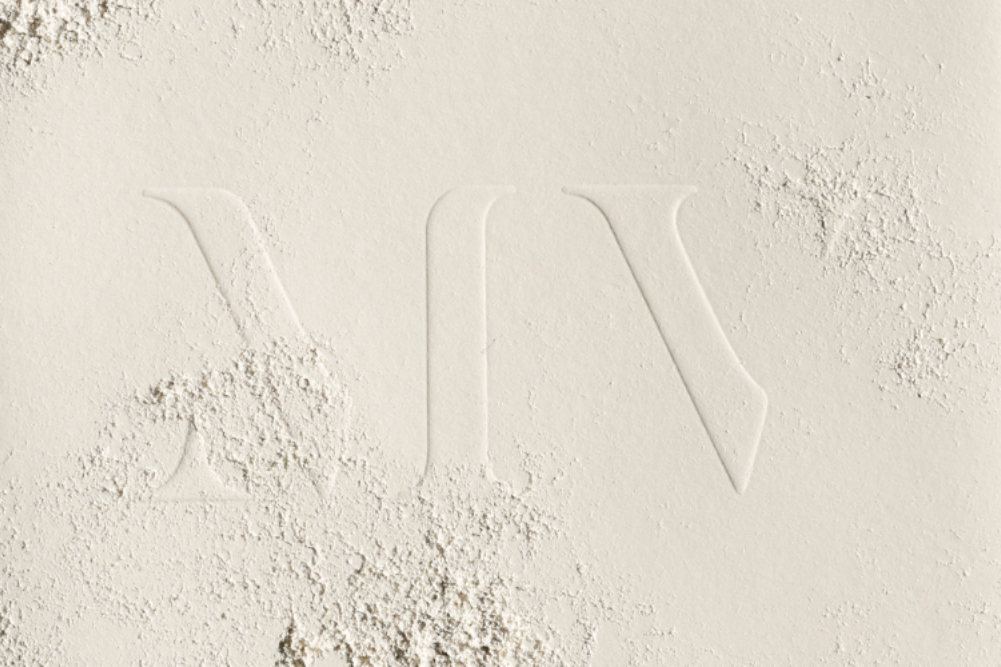Are fake tans all that?
It’s come to this. I’m standing naked (aside from a teeny paper modesty-protector) in a partially enclosed metal booth getting sprayed with chilly liquid in the hope of coming out the other side unscathed — and bronzed. The things we do for Beauty.
At WellBeing, we believe in embracing the beautiful bodies we inhabit. You wouldn’t be human if you didn’t have some vanity; however, we reckon good food, nourishing rituals such as exercise and meditation, and natural beauty products and routines are the way to keep all of your gorgeousness in tip-top shape. The natural colour of your skin is beautiful. Yet a sunny glow continues to be a covetable thing in the Western world and many people do choose to tan.
If you prefer a sun-kissed look, how best to get it? Not by baking in the sun. You do need some gentle sunlight exposure, ideally in the early morning and late afternoon in our warm climes, to boost your vitamin D levels. Lying in the sun with the intention of becoming brown, however, exposes you to the very real, life-threatening risk of skin cancer — not a desirable approach.
So that brings us to plan B: fake tanning. We don’t recommend using fake tan unless the tanning product is certified organic. There have been some concerns raised around dihydroxyacetone, a colouring agent present even in many “natural” formulations. According to the US Food & Drug Administration, DHA is safe for topical application; however, research shows that DHA has the potential to cause genetic alterations, DNA damage and even cancer.
If you already fake tan, though, there are some more natural options out there. For this issue, I tried out three fake tan brands — one that’s certified organic, one that contains natural and organic ingredients, and one that’s more natural but not organic — to see how they shape up.
Eco Tan spray tan
Australia’s only certified organic sunless tanning brand, Eco Tan makes DIY tanning creams as well as tanning sprays for salon use. I’m a novice to self-bronzing so I head to Serenity Skin & Body in Sydney’s northern beaches to get sprayed by a professional.
Treat fake tan like you do a rich dessert: indulge only on special occasions.
Since the Eco Tan formula doesn’t contain any alcohol, it doesn’t dry quickly like other self-tan brands, I’m told, so I choose an afternoon appointment so I can keep the solution on my skin overnight. The recommended time is 4–8 hours. The spray goes on scarily dark but the smell is divine — just like chocolate — which makes sense because cacao, not synthetic colouring, is the active ingredient. All the ingredients are certified organic.
I come out the other end quite sticky and, on the drive home and that evening, I bump into things and end up with a few white patches. I buff them with a cloth and hope for the best. Next morning, the shower water is a rich brown — but my skin is golden, where once it was lily white. That day, people ask if I’ve been to the beach or on holiday and, when I tell them the truth, they’re amazed at the natural result.
The tan lasts for a full week, even with exfoliation, but it becomes a little patchy after five days. It’s a lovely colour, though, and worth spending AU$45 for if you want to sport an organic, natural-looking bronze glow for a special occasion.
Vani-T spray tan
For my next bronzing adventure I try Vani-T, an Australian brand that’s free of petroleum-derived products and contains both organic and natural ingredients. It contains DHA and the colours aren’t derived from nature, so that’s something to bear in mind.
Once again, I go to a salon for a professional application of Vani-T Liquid Sun, which costs AU$35. The formula dries quickly yet is still slightly sticky, and I leave it on while I sleep. My skin after my morning shower is darker than it was with Eco Tan, and more brown-hued than golden. I don’t feel like me, but the colour is rich and there are no brown patches or hard edges around the elbows, knees, wrists and ankles.
The tan lasts for around seven days and people are complimentary. I notice that some colour comes off each time I wash, however, and I’m left with persistent patches of tan after the week.
Nuskin self-tanning gel
For my last trick, I pick up a DIY self-tanning product to see if I can get a natural-looking sun-kissed glow at home without spending too much. I pay AU$17.95 for a tube of Sukin Sunless Bronzing Gel. It contains no parabens or synthetic fragrances, but it does contain DHA.
The gel is intimidatingly dark but goes on well and is absorbed quickly without leaving any brown patches. The idea is you apply it each day to gradually build your tan to the strength you like it. After one day I can barely see a colour change, but after three days my legs have a noticeable glow.
After three weeks of testing, what’s my verdict? It can feel nice to have a tan but, to be honest, it doesn’t affect my life. If you’re used to having some colour, though, be sure to research the ingredients that are in the products you use and continue to protect your skin when you go out in the sun. And treat fake tan like you do a rich dessert: indulge only on special occasions.








